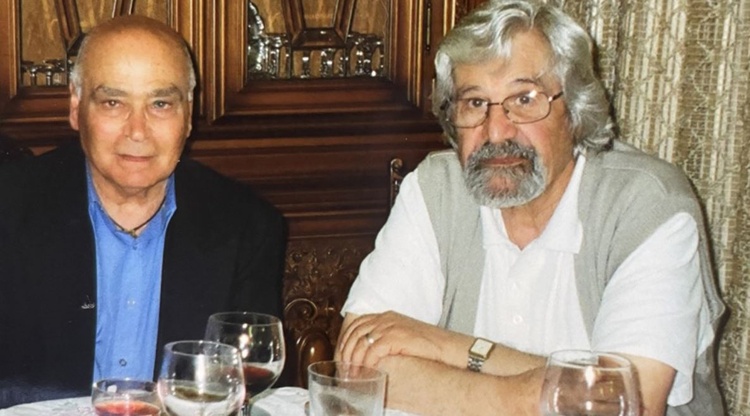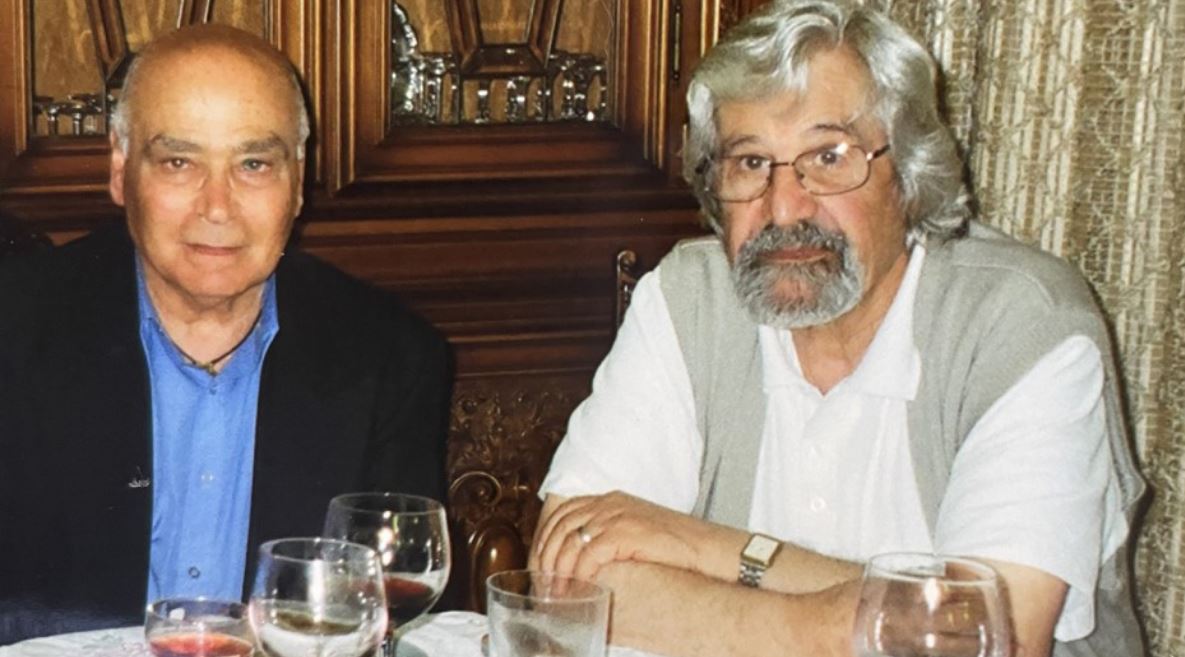When he was in primary school, a photograph glimpsed in the pages of a school book bound future poet Lino Concas to the fascinating and, as yet unknown, culture of Indigenous Australian peoples; one which he would always remain tied to.
The image of the man, defined in his school book as ‘one of the first inhabitants of Earth’ remained imprinted in his mind for the rest of his life but, at the time, he could not have imagined that one day he would follow these inhabitants to their homeland, ‘a land in the sun’.
Concas was born in the province of Cagliari, in Gonnosfanadiga, a town made up of two villages connected by a river. He recounted the years in which he went to Cagliari to study, and still vividly remembers the summers when he returned home during breaks.
“I used to come back to my village when there were holidays, and I was always interested in shepherds and the life of farmers because I myself am the son of farmers,’ Concas explained.
“I loved the lifestyle of the shepherds so much that I sometimes lived with them during the holidays.”
Then life led him to become ordained a priest in 1957 and to move to Australia as an ‘immigrant assistant’.
“For many years I’ve worked with the Italian communities scattered all over Australia, and I know well the problems that people can encounter when they move to a new country.”
Concas remained a chaplain until 1970, but this did not stop him from deepening his interest in Aboriginal culture.
One of his most famous poems is My Aboriginal Brother, written in the 1960s, in which he expresses his respect and closeness to the traditional custodians of this land.
In 2021, this poem and many other writings were debuted to the general public through the publication of Una Terra Nel Sole: A Land In The Sun, in which the readers can lose themselves in the musicality of the Sardinian poet’s verses, reading the Italian works alongside their English translations.
“This book actually came into being many years ago; I had long had the idea of writing it. I have deepened my knowledge of the Aboriginal culture since I arrived here in Australia, even though it was an interest born in primary school,” the poet concluded.
“I am very fond of the poem entitled The Coffins of Uluru. It talks about the delicate subject of child trafficking and how, years ago, children were torn from their mothers’ arms and then taken to isolated institutions, a kind of hospice, without being able to get to know their families and their origins. A profoundly sensitive issue, one that is still too little known.”











